Interestingly, my trip went through Finland – another country that I visited for the first time. Despite the turbulent history of the 20th century, Finns still keep the history of their federative association with the Russian Empire, keep the monuments and stellas, and do not re-write history as is the want in the other Western European countries.
Only a few Western European countries have diplomatic relation with Belorussia, and Finland is one of them. I could have applied for Belorussian visa in Finland, but I chose another venue, contacting consular services at the Minsk airport, submitting all the paperwork there beforehand, and getting my visa on arrival.
Roads and transportation
The first thing that meets you when driving from Minsk airport is the road. One of an exceptionally high quality. And this high standard of quality roads persists not only in the capital itself, but also outside – in the surrounding towns that I travelled to. Another thing that Belorussia is famous for, is its railroad network. You can set clock by departures and arrivals, and travelling by rail is a real pleasure. There are modern regional trains and well as trains with cars from the Soviet period, though maintained with care. Belorussia is the only country of the former USSR that has not squandered its Soviet heritage, but built on it and multiplied it.
An interesting detail: all the man-hole covers in the streets are new and, moreover, painted to prevent them from rusting. In Lithiania, for example, all manhole covers are from 70s-80s and are thoroughly worn-out. Or take the traffic lights… The vast majority of them are of a modern bright LED kind, with the central circle showing the number of seconds until the light shifts from red to green or back, allowing the drivers to plan their acceleration and breaking. All are small details, but quite telling.
Industry and agriculture
The second thing you notice are the fields, ploughed and planted. The land is not left idle and in desolation, as is the case in the neighbouring Lithuania, but is serving the country’s needs as well as producing enough surplus for export. The industrial complex is also intact and fully functional. A small fragment of an impression: my hotel room was equipped with flat-panel TV and a Peltier element mini-bar. This is expected of any world hotel with a name to itself. But while in most countries the TV and the mini-bar would have been made in China or Malaysia, here they were Made in Belarus. I checked. The TV model, by the way, is called Horizont – a mark that I’ve known since the Soviet times. I am quite particular when the picture quality is concerned, and I would give that TV quite high marks.
Minsk
Coming to Minsk, I felt an acute sense of deja-vu, like I’ve already been there. And then I realised that I felt myself like in Moscow of my youth, back in the 80s. It was the combination of many factors. People speaking Russian in the kind of ‘a’-sounding dialect typical of Moscow (I’ll come back to the language later). The vast expanses – wide roads, wide pavements, distance between blocks that can be up to 100 meters. In Western Europe I became accustomed to the compact, overcrowded building plan, and did not realise what I was missing of the old days. Then there is a feeling of security and stability – something that you never feel now days in a big city. I walked around Minsk by night and all was quite and orderly. And finally, the architecture was also reminding me of the centre of Moscow.
That’s not a coincidence, by the way. Belorussia got the brunt of the first hit from the German Nazis. Everything was wiped out. Of the whole historic Minsk, all that remains are a dozen houses in the Trinity Neighbourhood. The rest of Minsk was razed to the ground by the Germans. After the War, it was rebuilt in the neo-Classical style that you see today.
Today, the city of Minsk is getting a lot of modern buildings – you can see a lot of construction sites a little bit off from the centre. The apartments can either be bought privately (with loan level, comparable to most Western European countries) or with state subsidy. Besides, Minsk is expanding it’s Metro system with the 3rd line being built now.
Another characteristic feature of Minsk (as well as other towns of Belorussia) is their cleanliness. You won’t see any litter in the streets – not a scrap of paper, not a cigarette stub. And the reason for this lies not only in the nightly cleaning/washing of the streets. It is primarily in the mindset of the people. As one of the locals told me: you wouldn’t throw litter around your house, so why would you around your city? I think that is an important, fundamental feeling when you know that the land you live on is yours too, and not just some abstract state.
Shops and food
Whichever shop you come into, the assortment and quality of food is impressive. In my conversations with the locals, I got to know that the state owns only about 20% of the stores, while the rest is private business. The shelves are full of local produce, with a few imports. Below is an exhibition window of a bakery shop Karavai – a must-stop for anyone with a sweet tooth.
Bakery shop (Pekarnia) “Karavai”, Minsk, Belarus
Eating out is also a pleasure – there are a lot of places to choose from, catering to all kinds of tastes. I found one restaurant, serving delicious selections of Russian “varenniki” and “pelmeni” – stretching it a bit, you can call that a kind of pasta. The place is called Gurman, and though it is a walking distance from some of the tourist points of interest in Minsk, it is frequented by the locals.
Language
Language is both a big and a small issue, depending on how you look upon in. As we’ve seen on the example of Ukraine, language (or an artificial separation of dialects into languages) can be used divide people and start wars.
Simply put, everywhere I went, everyone was speaking Russian. And, moreover, the type of speech typical for Moscow, with the predominant “a” sound where “o” would be written. (Moskva becomes Maskva, Belorussia becomes Belarusia). It is written Belorussian that makes one pause. Jokingly, people told me that they write with all the grammatical and pronunciation errors one can make in Russian. Or What You Hear Is What You Write. Basically that’s the same first step in making a dialect into a language, that was also taken in Malorossia/Galicia in 1800s, leading to Ukrainian.
Then, there is a more complex perspective. There is an official Belorussian language, which no one speaks. I only heard it once at the railway station. I was quite amusing – at first I thought they were announcing all the trains twice in Russian, and only after having listened closely, I noticed some subtle differences. A taxi driver, to my question of how widespread the official Belorussian was, told me that he hears it approximately once a year from some of the more radically-mooded youths. And that people don’t pay much attention to it. Maybe they should?
And then there is an even more troubling development. Take a look at the route of bus #1 that goes along the central avenue of Minsk:
At first glance, nothing untoward – names in Cyrillic for the locals and in Latin for the guests of the capital. Then you take a closer look. That’s not simply translations of the names. That’s essentially a Latinisation of them, along with Czech-looking umlaut characters of “č” and “š”. Let’s remember that attempts to Latinise Russian language were ongoing for several centuries. This may be yet another vector of attack on the Slavic roots.
Moreover, the names, which are basically lifted from Ukrainian – as I wrote above, I did not hear a single person call them that. Two examples: Independence Avenue in Ukrainian (and official Belorussian) is “Praspiekt Niezaliežnasci”, while in Russian it’s “Prospekt Nezavisimosti” (“independence” from what? History? Roots?); The Victory Square in Ukrainian/Belorussian is “Plošča Pieramohi”, while in Russian it is “Ploshad’ Pobedy”.
Man Is A Fool
Man is a fool,
When it’s hot, he wants it cool,
When it’s cool, he wants it hot,
He always wants what he has not
I already mentioned the sense of security and stability that I felt in Belorussia. What I found peculiar, is the kind of grumbling from the locals, aimed at this stability “oh, yeah, we have STABILITY, but you are luckier being there in Europe”.
Another point of discontent comes from a kind of inferiority complex, comparing themselves to how much better it is in Europe, while saying that Belorussia only tries to catch-up. One example: I asked in one of the taxis that I rode, if I can pay with Visa card. The reply was along the lines of “yes, but the connection is slow and patchy, we try to make it appear like in Europe at stop when the appearances are satisfied, without bothering about functionality”. Well, payment went through very well. And never mind that in Germany, when calling for a taxi, you need to say in advance that you want to pay with VISA, or you may get a car, which is not equipped with a terminal.
One manifestation of such expectation that everything is better on the other side, was a song/rap that I heard on one of the radio stations – something about dreaming of Jamaica, but only having “Minsk sea” to do diving in. “Minsk sea” being a somewhat bitter, self-derisive joke. Seemingly quite an innocent one, but setting a subconscious undercurrent of discontent in the youth.
Let us hope that such undercurrents would no be nurtured by the outside forces into the kind of tsunami that finally destroyed Ukraine in 2014.
LADA’S AFTERTHOUGHTS
I loved that last bit and the verse about a man being a fool. This is so applicable to Belarus, and some time ago it was also applicable to Russia. Not so much any more due to the events of the past several years, which caused Russians to awaken and grow up in a hurry.
Let me explain why some (and I emphasize that it’s only some) Belorussians don’t value what they have, but instead think the grass is greener somewhere else.
This was the attitude I recall from the Soviet days, albeit, as I said, Russians managed to grow out of it. This attitude, which I personally never had, was born of entitlement widespread during the later Soviet Union days. The life was so stable, so quiet and so secure that some thought their life wasn’t worth anything. Somewhere in the West they had excitement, adventure and high life. Soviet people, being too sheltered and isolated, didn’t understand that everything had a flip side. The flip side of high life is poverty and drudgery; adventure and excitement may mean danger to your life and the danger to the very existence of your country and culture. But man is a fool and the grass is always greener far and away for those who lack wisdom. Sometimes the grass really is greener elsewhere, but it always comes with strings attached and it’s always a trade-off, which, in the final analysis, you may not want.
In most other post-Soviet republics they already got it due to many tough lessons they had to learn in the past 25 odd years. The reason Belorussians still don’t know how to count their blessings is because they continue being sheltered by the ‘dictator Lukashenko’s’ regime.
In reality, just like Kazakhstan, Belarus is what I call a stewardship, not a dictatorship. The steward in charge takes care of his country as if it was his own domain and family, with great care and attention to detail, security and preservation of culture and industry. Like ‘big daddy’ he may be overbearing. He does everything to ensure a smooth sailing and a lack of shocks to his domain and people in his care. This results in some immature citizens feeling like rebellious teenagers (which is what such people really are, having never grown up).
They long to break out of the mold and experience something that the tough steward’s careful management doesn’t allow them to experience: turmoil, crisis and ups and downs, which they interpret as adventure, sparkle and excitement. Such attitude, when everything’s given to someone on a platter and therefore is not appreciated, is in some way akin to that of a spoiled rich brat.
This is a major downside of a sheltered existence and of any country functioning as a stewardship. A very similar situation developed in the late USSR, when the young generation took what they had for granted and didn’t value it; and this in part precipitated the USSR collapse. The shocks of the past 25 years took care of that in Russia as the Russian population quickly matured. It helped to have Putin and his team in power.
On the other hand, Ukrainians took their own country for granted so much and for so long that they had a bloody 2014 coup, resulting in total collapse. Now they don’t take anything for granted not knowing what tomorrow will bring, and many wish the old, good Yanukovich were back. Too late: the country is on its way to disintegration.
Belorussians haven’t had any major shocks and setbacks; therefore, they are somewhat behind in their maturing process. Some signals coming from Belarus are worrisome, but so far so good. Lukashenko is the right steward for the delicate job.
Read more of my predictions on Belarus in Earth Shift Reports linked below!
FOCUS BELARUS:
I have more than once discussed Belarus and its President Lukashenko in my various pieces. This is a mini-guide: links to the most significant mentions of Belarus in my work.
1
Read FREE latest article on FuturisTrendcast:
Eurasia Developments: Belarus Monetary Reform
2
The realities of Belarus, comparisons to nearby Russia, Ukraine and Baltics, as well as what is Lukashenko playing at and what is his long-term strategy, complete with predictions:
EARTH SHIFT REPORT 1 reloaded:
IS PUTIN PART OF NWO?
(Astana KZ – New NWO Capital? Bonus: Lukashenko’s Bluff)
3
Belarus and Lukashenko, their role as support for Russia – the Great Balancer and as a building block forthe Great Eurasia project, are addressed in
Video EARTH SHIFT REPORT 9
ATTACK ON KAZAKHSTAN: WHO DESTABILIZES EURASIAN UNION?
*****
Many thanks to Stanislav for a wonderful Belorussia travelogue and for the gorgeous images!
PLEASE VISIT STANISLAV’S SITE: Stanislavs.org

















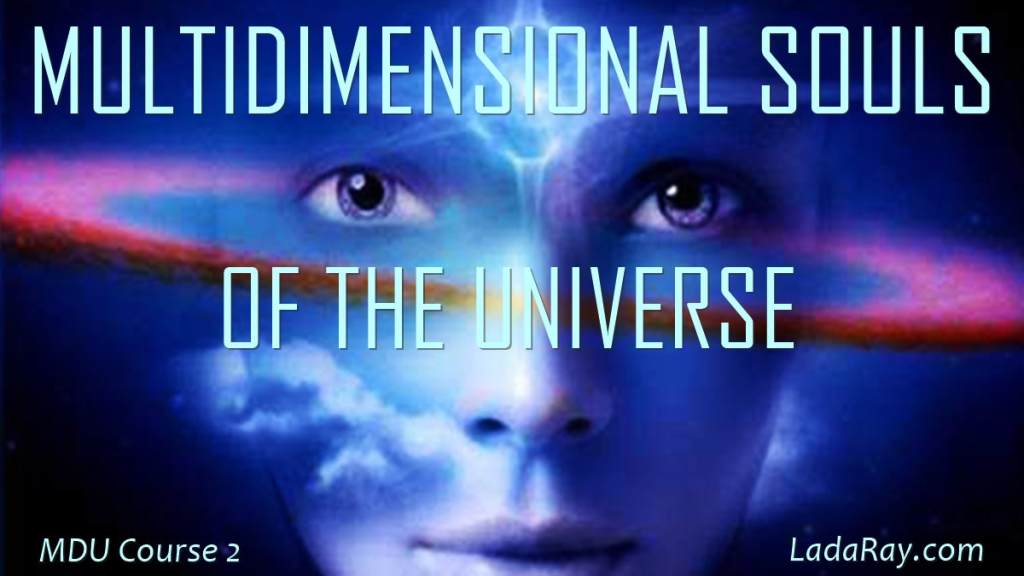


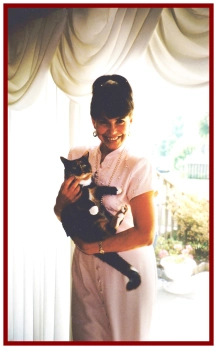
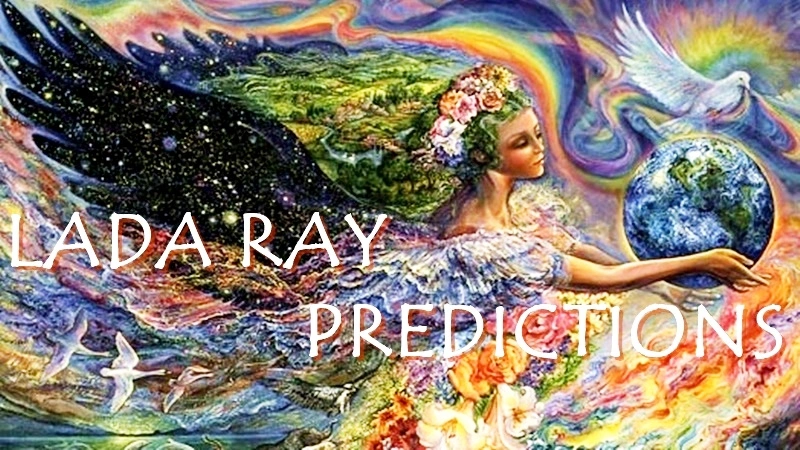
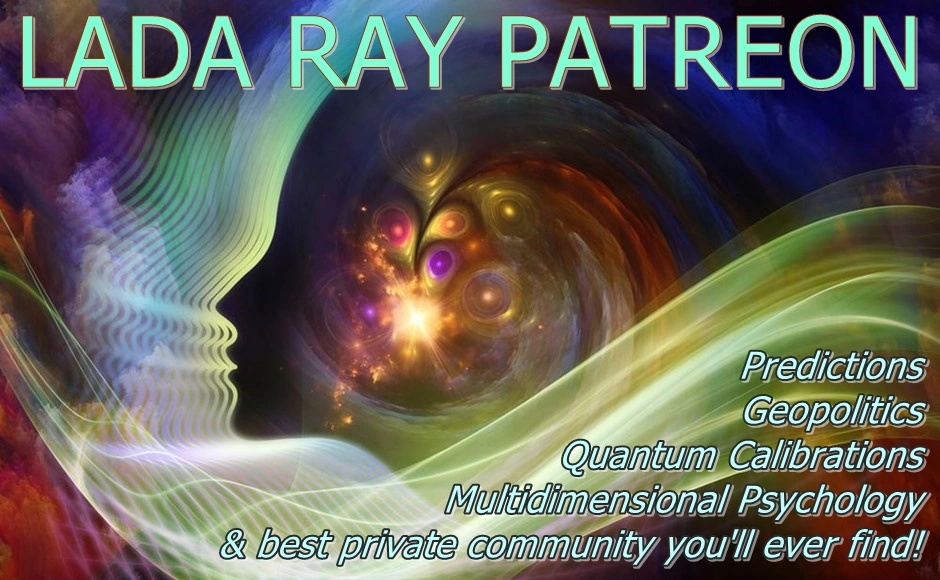
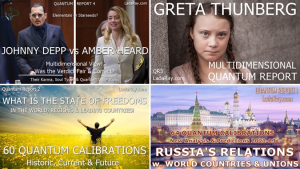

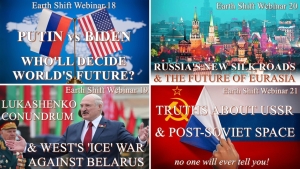


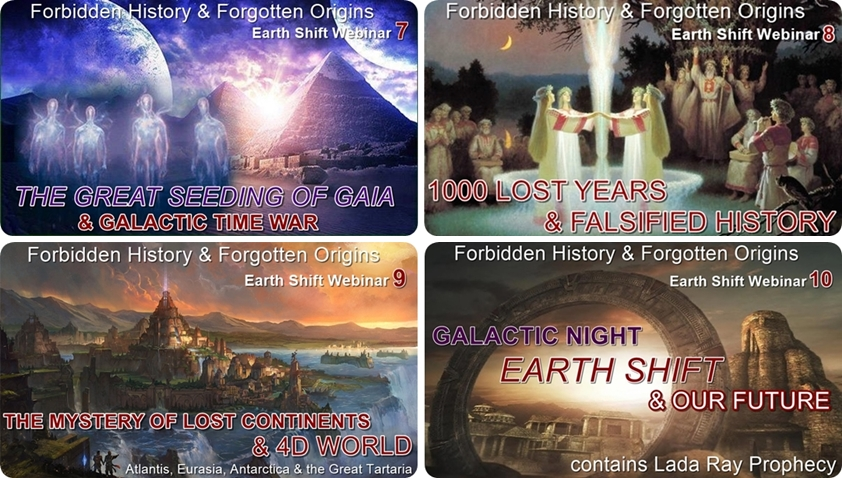
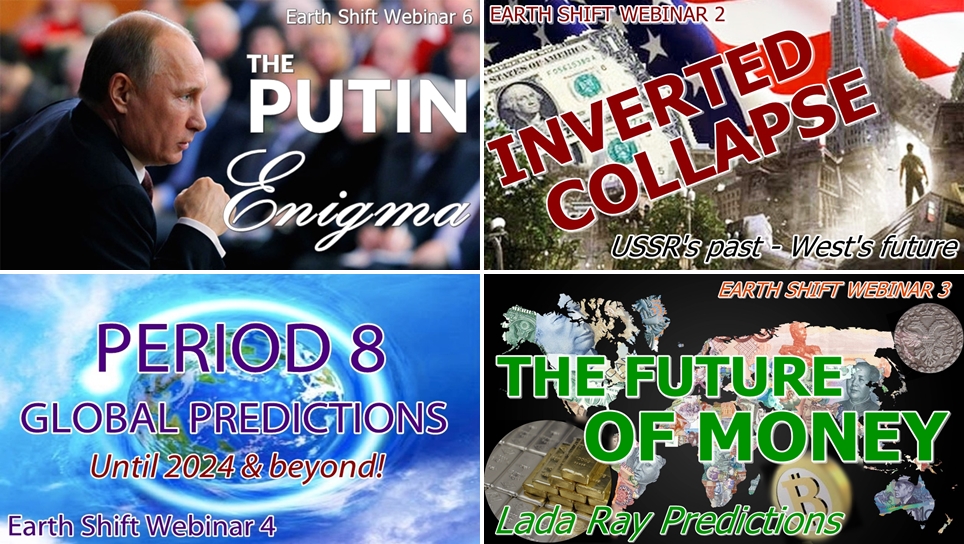


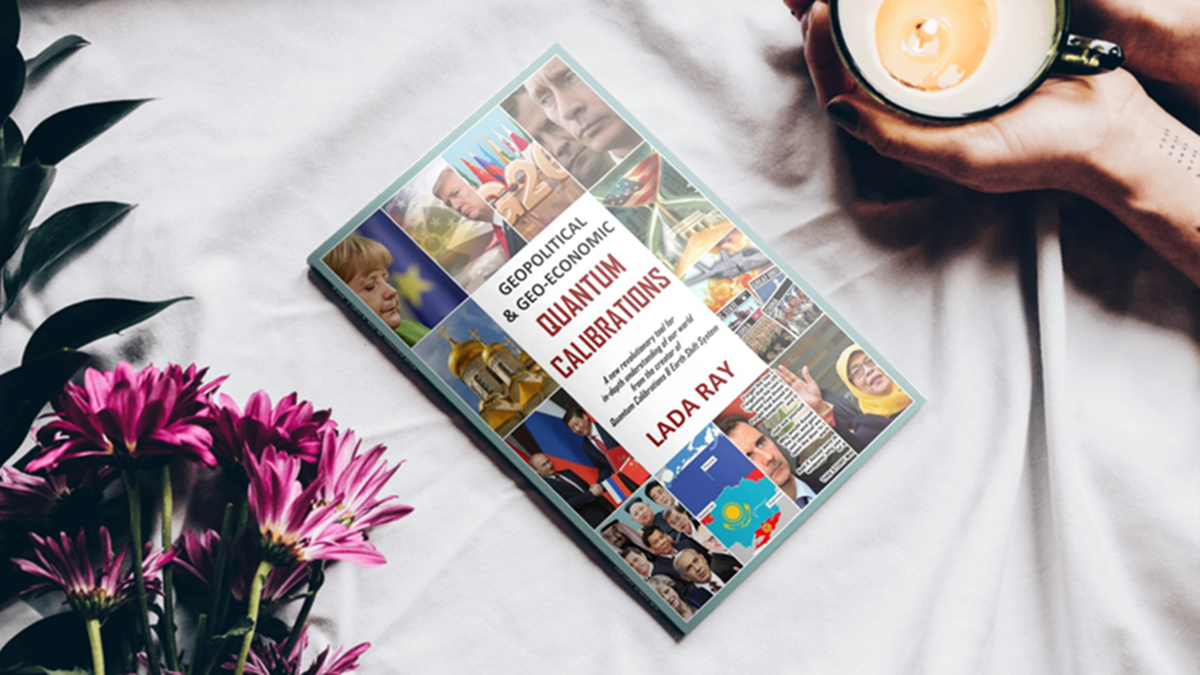

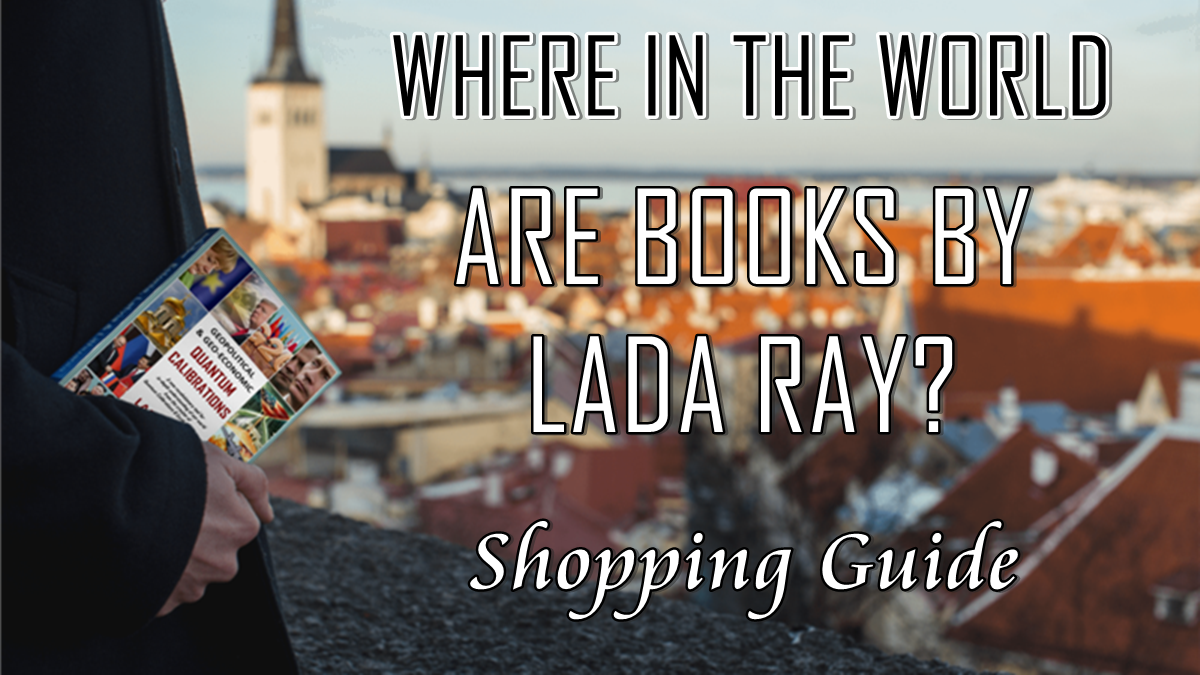
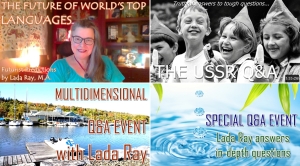




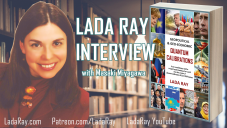


Good reporting, Mr. Nemo. I especially enjoy the conclusions you draw about language and attitude. We need to understand a language can be weaponized and used to destroy a country. And thanks for the pictures and map.
LikeLike
Reblogged this on 1EarthUnited and commented:
Fascinating insights about Belarus, perhaps we need good dictators rather than rotten politicians/ presidents controlled by corporations and special interests. I would like to visit Minsk someday!
LikeLike
Benevolent dictators you mean, lol 😉
LikeLike
I have also heard that a benevolent dictator is far better than a bad neo-liberal democracy – leaders like Ghadaffi (RIP) consider the country their domain while in the West politicians go thru a revolving door and don’t care about the country. If a strongman messes up everybody KNOWS its his fault! Another incentive to protect their state. Respect in a multi-polar world is accepting that not everybody has to do it the Western way! 🙂
LikeLike
A little belated thank you, Lada, for publishing my observations and for adding your insightful comments.
The following sentence of yours: “The life was so stable, so quiet and so secure that some thought their life wasn’t worth anything.” made me think of The Matrix, and once particular scene, where it explains how the machines lost an entire “crop of humans”, when they initially created an ideal artificial reality without any problems to overcome…
LikeLike
That’s the nature of the dualistic 3D world in which humans live here on earth: need problems to overcome them and to feel one’s existence has a meaning.
LikeLike
Reblogged this on Reflecting on Anselm.
LikeLike
Well, well, what do you know, I remember reading some real mean article about Alexander Lukashenko some years ago, but I forgot its source, but now reading your piece come to realize Alexander Lukashenko was a sweetheart, compared to our plutocracies, or pseudo-democracies!
There is nothing like losing what you have to realize its value.
Thank you I enjoyed your post!
LikeLike
Pingback: Discovering The Real Belarus – with lots of awesome pics! | Lada Ray Blog
Pingback: Lada Ray Report: Putin’s Visit to Slovenia, Union of Southern Slavs and Russia | Futurist Trendcast